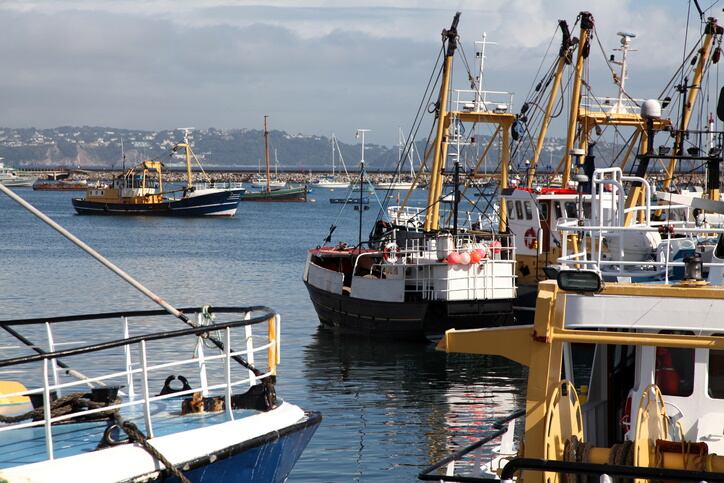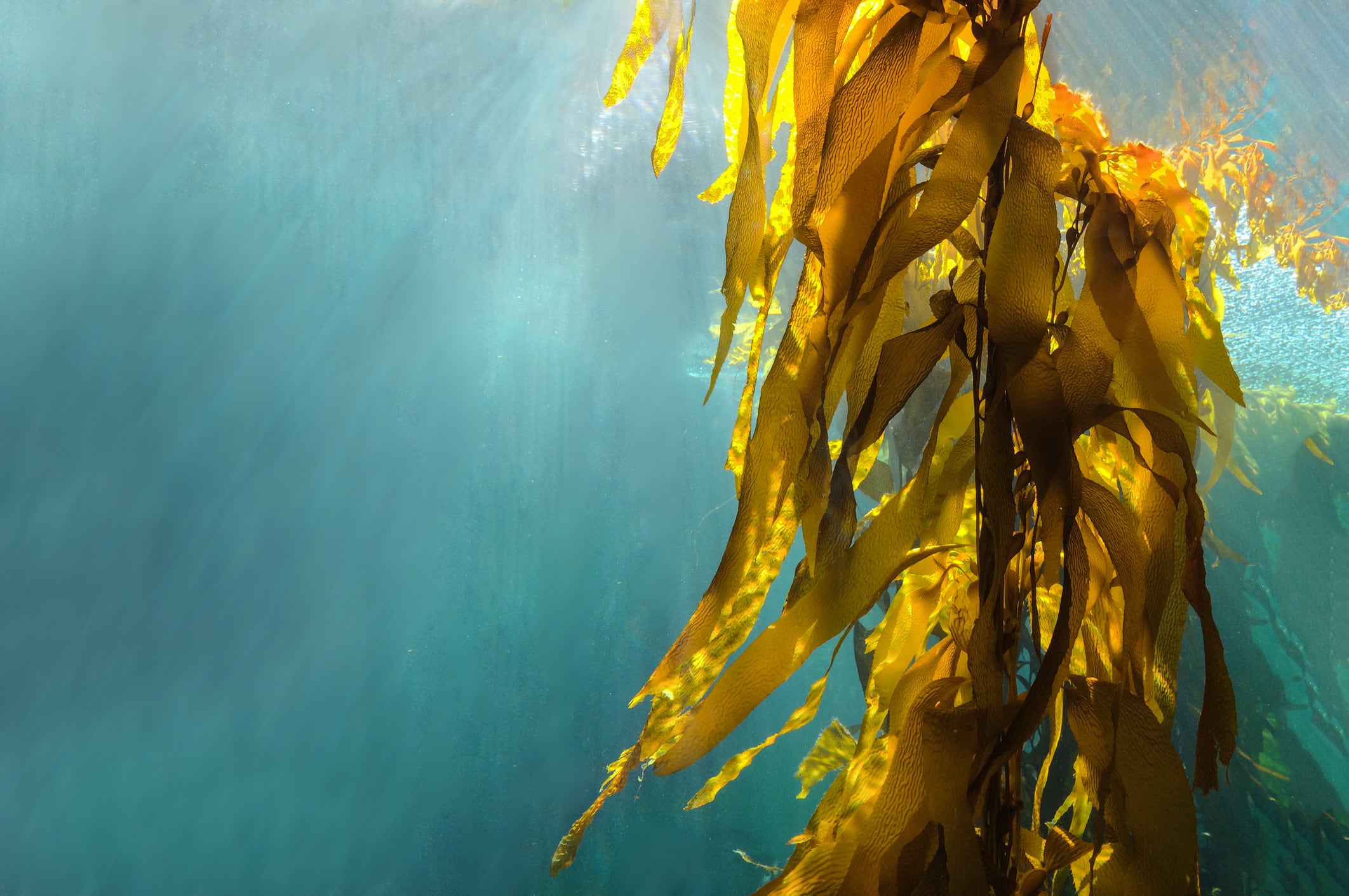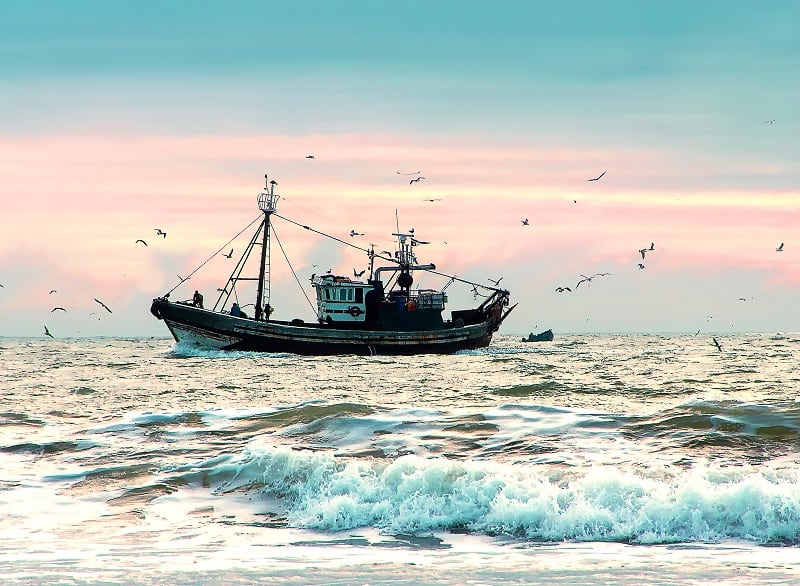The UK exports most of its seafood catch to EU countries. In 2019, 70% of the UK’s seafood was exported to Europe and Asia with an end value of over $2bn. Conversely, Planet Tracker noted, over 90% of the cod consumed by the UK’s domestic market is imported from Iceland, China and EU countries.
So why does the UK catch local cod to export it – and then import the same species from other countries?
According to Planet Tracker's John Willis, Director of Research, and Archie Cage, Research Associate, cod from Iceland, the largest importer into the UK, is 38% more expensive than cod exported from the UK. Planet Tracker suggests that the £437m trade deficit in British cod supply could be down to size or quality - with sustainability playing an important role.
UK cod stocks ‘on verge of collapse’
Planet Tracker suggested that the UK is exporting an unsustainable cod catch because British waters have been overfished for decades.
“Setting quotas above scientific advice negatively impacts sustainability. Over a 20-year period, the UK caught the most over sustainable limits within the EU. Failure to recognise sustainability at the regulatory level has knock-on effects throughout the industry, also affecting traceability,” Willis and Cage told FoodNavigator.
Between 2001 and 2020, the UK overfished more than any other EU Member State – receiving 1,759,000 tonnes of quota above the scientific advice. The International Council for the Exploration of the Sea (ICES) recommended a cod quota reduction of 61% in 2019 to assist in guiding stocks back to sustainable levels, an increase from the 47% reduction recommendation the previous year.
UK cod stocks, such as those found in Rockall, the North Sea, the English Channel and Cornwall, are degraded and in some cases ‘on the verge of collapse’, Planet Tracker warned.
An industry feeling the squeeze
Industry players are ‘beginning to struggle’ as UK cod ‘fails to satisfy’ the sustainability and traceability expectations of UK and EU retailers and consumers, according to analysis from Planet Tracker.
UK cod currently is currently rated ‘fish to avoid’ – the lowest possible ranking in the Marine Conservation Society’s Good Fish Guide. Icelandic cod, in contrast, receives the highest sustainability ranking.
As UK retailers expand their offerings of certified fish and make commitments about sustainable seafood, they may be unable to supply British-caught cod due to the unsustainability of the fish stock in the nation’s exclusive economic zone (EEZ), Planet Tracker warned.
“With retailers and consumers prioritizing sustainability in supply chains, failure to properly implement and enforce sustainable practice in fisheries will negatively effect trade and long-term revenue generation,” Willis and Cage argued.
UK fishing – a sector often lauded as one of the chief reasons to ‘take back control’ by exiting the EU – could ironically also feel a post-Brexit pinch, the sustainability experts continued.
“Brexit is likely to negatively impact the sector, both in terms of market access and through the removal of basic sustainability principles in legislation (unless replaced), such as banning trawlers from marine protected areas, or setting quotas within sustainable limits. This will not only lower the quantity and quality of seafood available, but make it less desirable to international markets.
“The UK is at risk of falling further behind following Brexit – Scottish fisheries will require £62m in annual support to replace the European Maritime and Fisheries Fund (EMFF), and potential loss of capital could decrease competitiveness further.”

What should be done?
According to Willis and Cage, the only way to make UK cod more sustainable is through regulation informed by science-based targets.
“Fundamentally, the road to sustainability requires accurately monitoring fish stocks and setting quotas within sustainable limits, as well as enforcing those catch limits. The solutions do not require additional technologies but the enforcement of science-based regulation.”
The sector could also benefit from an increased investment in technologies supporting transparency. “Investing in greater monitoring software or digital leger technology would increase traceability as to where fish are caught and sold,” they told us.
Given the importance fishing is accorded in discourse around Brexit, the sector has been prioritised by government ministers seeking positive policy positions. Last week, the UK government inked a Memorandum of Understanding with Iceland to ‘enhance cooperation’ on fisheries.
The MOU explicitly called out the need to promote responsible fisheries management for the long-term conservation and sustainable use of marine resources. This should be based on the ‘best available scientific advice’ and a ‘science-based, ecosystem approach’, the document stated.
It will establish a ‘fisheries dialogue’ to ‘economic, sustainable and responsible long-term marine and fisheries policies’ and bring businesses together to promote innovation.
Fisheries Minister Victoria Prentis said: “As an independent coastal state, we are committed to ensuring a sustainable and prosperous industry for the future.”
The MOU follows a recent agreement with Norway, a deal with the Faroe Islands and the bilateral arrangement with Greenland on fisheries.
However, in these turbulent political times, it remains to be seen whether these post-Brexit ties will translate to a more sustainable fisheries policy that would necessitate a policy that could prove unpopular in costal economies: lower fishing quotas.




